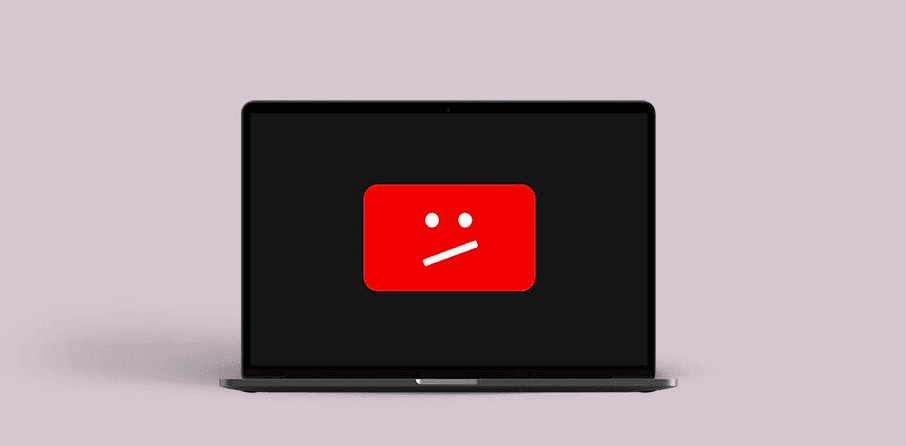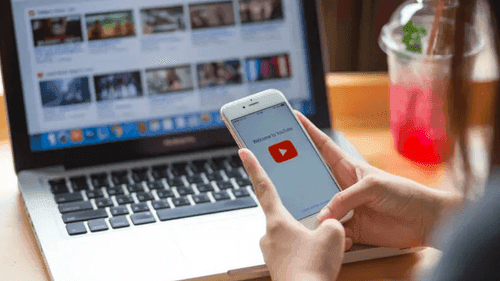Introduction
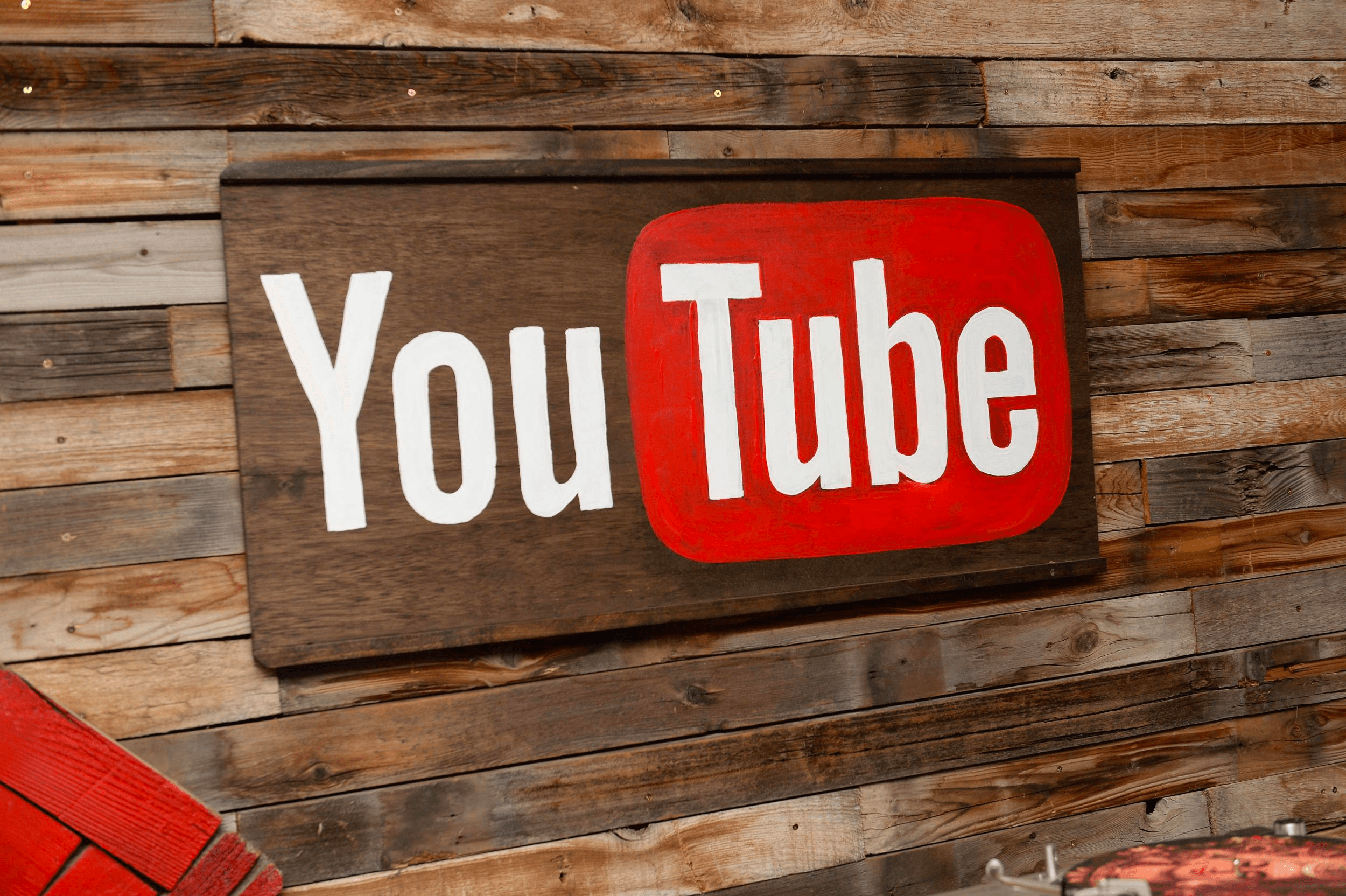
YouTube is one of the most popular platforms that allow content creators to monetize their videos and earn a living on the website. This monetization is possible due to the inclusion of advertiser revenue. For many creators, this revenue becomes their sole source of income and/or supports a small team of creators. Over the years, YouTube has continued to change its ToS — sparked by flashes of political controversy.
There were three recent instances of changes to the ToS:
Adpocalypse Results
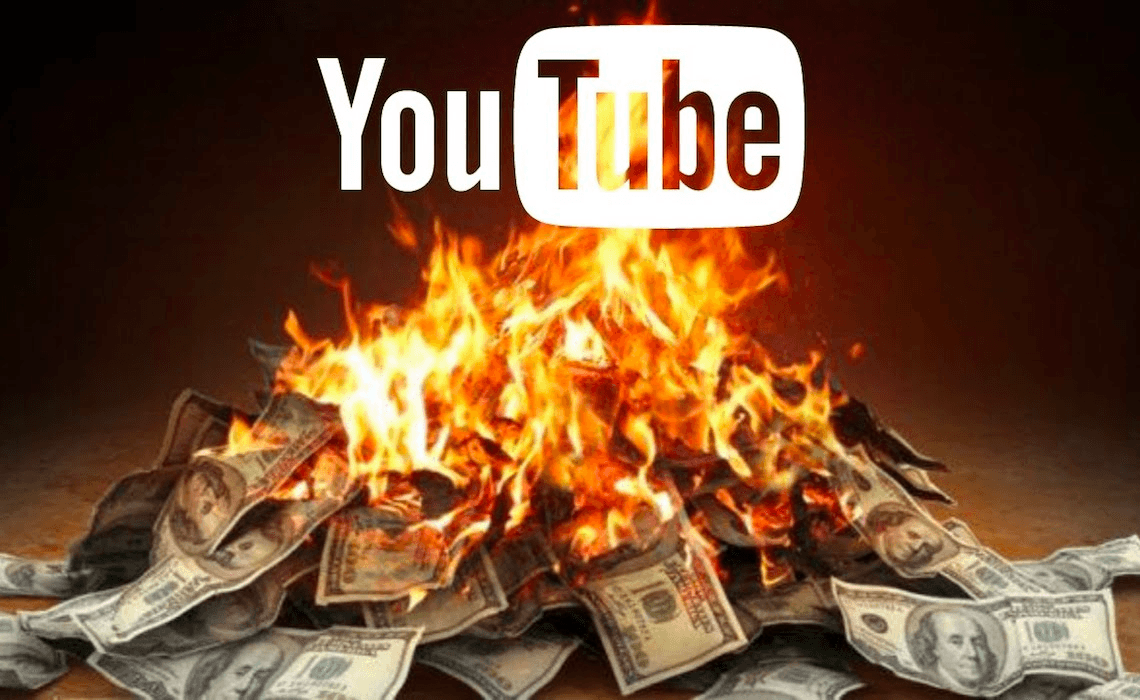
Tube Filter
Following each adpocalypse, YouTube changed its ToS to moderate extremist content. Although this can be a reasonable measure taken by the platform, many creators are often worried that adpocalypses will destroy their livelihood if caught in the crossfire. Other critics point towards demonetization as a limit on free speech, saying YouTube favors larger media corporations that are advertiser-friendly over independent journalists and creators. Further, some have argued that social media platforms maliciously target certain political commentators and politicians using the platforms to remove their opinions from the site. While conservatives often feel that platforms unfairly target them with demonetization, left-leaning content is also heavily affected. Even creators that do not produce political content are affected by restrictions. For instance, YouTube demonetized the popular prank-calling channel Ownage Pranks for the stereotyped characters he portrays in his prank calls.
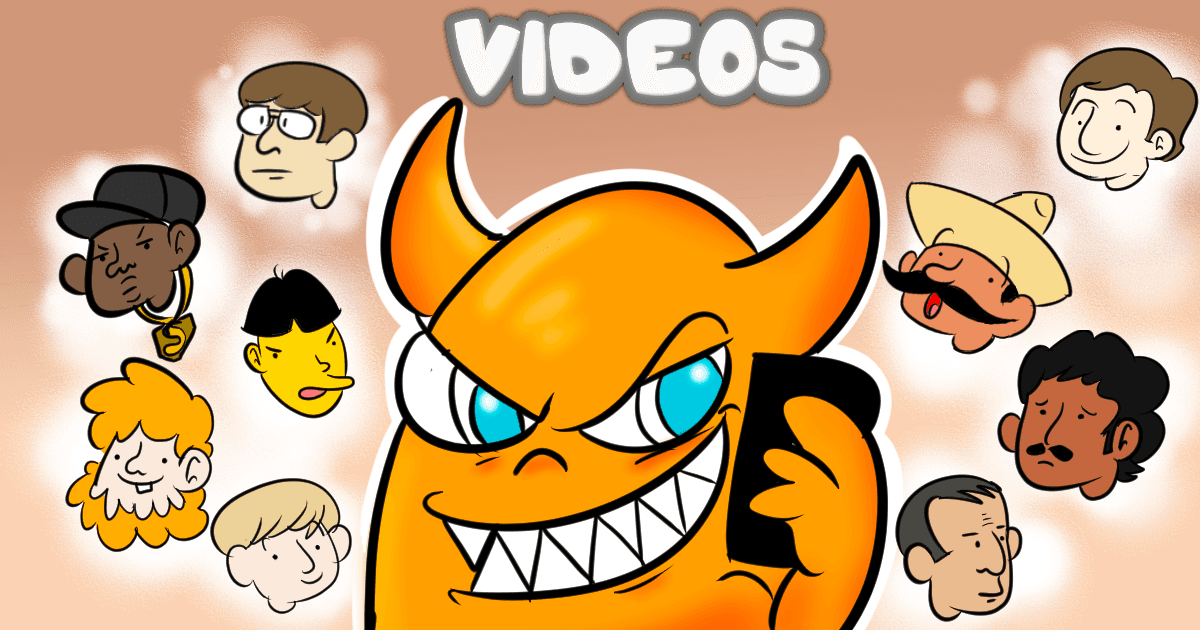
Demonetization sparks a broader discussion about whether YouTube can be considered an open platform, like a public space, or a publisher, like a newspaper. Conservatives often argue that social media companies use demonetization to censor content they disagree with, making them publishers. However, social media platforms claim demonetization prevents controversial content from receiving advertising revenue.
Other Payment Removals
Owen Benjamin

Patreonis a U.S. platform that provides content creators with the business tools to launch, acquire, and manage their paid subscriptions. It became controversial in right-leaning political spheres for removing commentators and shadowbanning. In 2020, Patreon had 72 identical $2.2 million lawsuits filed against them for removing right-leaning commentator Owen Benjamin. Benjamin and his fans filed these claims to bankrupt Patreon with court fees. July 29th, 2020, the California Superior Court denied Patreon’s request for a preliminary injunction.
Carl Benjamin
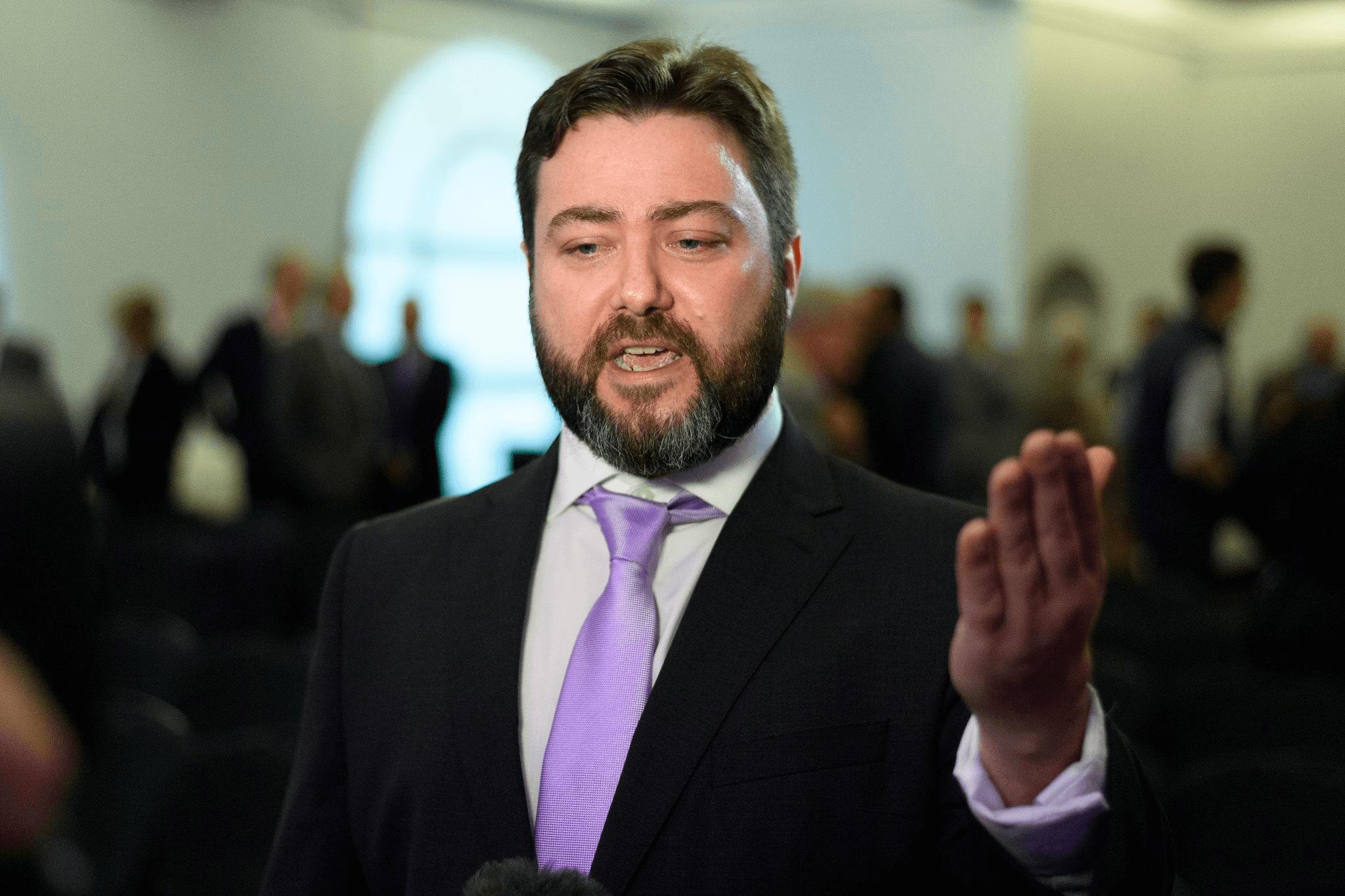
Carl Benjamin — otherwise known as Sargon of Akkad — is a British political commentator known for his critiques of immigration and progressive politics. Towards the midpoint of his rise to prominence, he ran a marginally successful YouTube channel that was hit by the adpocalypse, prompting him to use Patreon as a primary source of income. With his channel growing, he decided to engage in political debates against racial extremists where in one instance he used the n-word to insult a white nationalist. He was subsequently removed from Patreon for this comment.
Carl’s banning caused a bridge across political divides as some left leaning activists that similarly use Patreon defended him. Left-leaning atheist intellectual Sam Harris deleted his Patreon account citing that, although he doesn’t share the politics of [Carl], the recent expulsions are more readily explained by political bias. The move prompted further backlash as another political commentator Dave Rubin and clinical pyschologist Jordan Peterson created an alternative fundraising platform — Locals — stating, “The banning of Carl [Sargon of Aarkad] for doing something that was not on the Patreon platform that wasn’t even done on his channel, because of a word he said … is a massive move of that line of what’s acceptable.” Carl Benjamin now owns and operates his own media corporation "The Lotus Eaters".
Lauren Southern
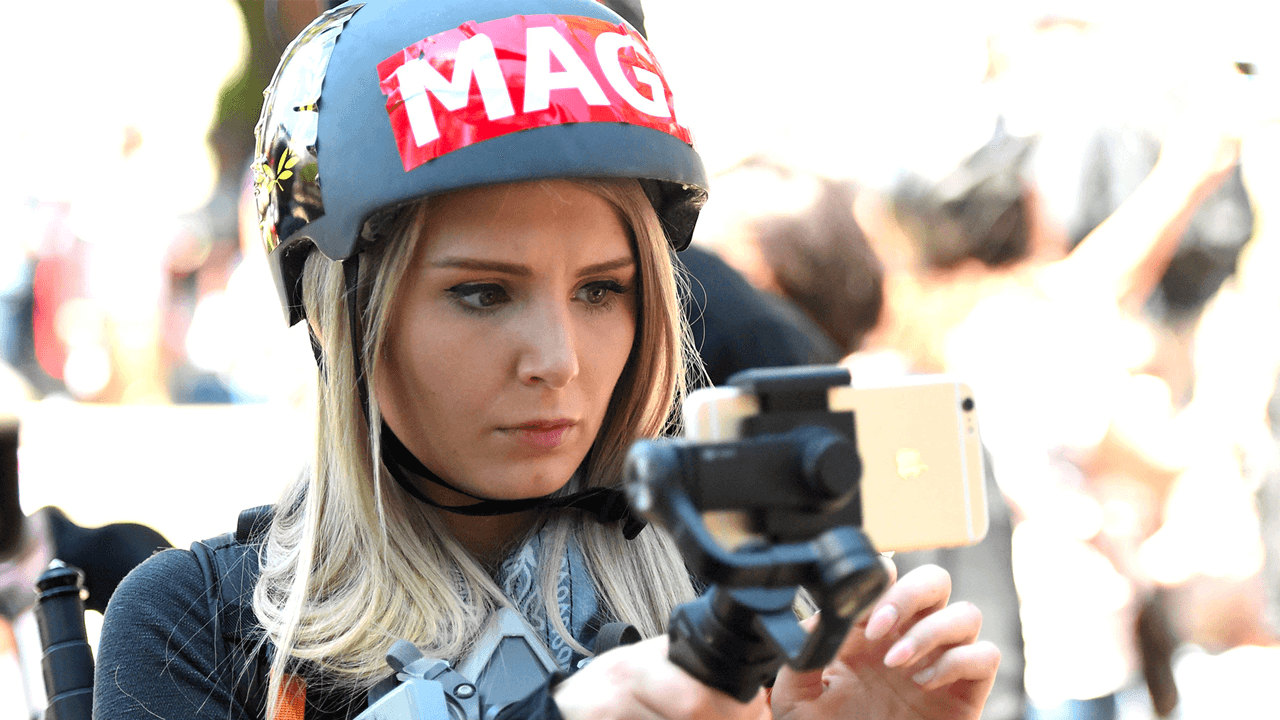
Lauren Southern is a right-leaning freelance political journalist famous for her documentaries on mass immigration and South African farmers. Most of her income that allowed her to travel was donated via Patreon; however, she was removed from the platform for raising funds in order to take part in activities that are likely to cause loss of life. This was due to work in her immigration documentary covering the Defend Europe ship — a donation based ship that aided the Lybian coast guard with preventing refugee boats from leaving the shores. Southern argued that this boat actually saved lives by preventing migrants from making the dangerous crossing to Italy. She also argued that Patreon allowed crowdfunding for Antifa’s “It’s Going Down” event which openly promoted violence towards police officers and “capitalists.”
Discussion Questions
- Does YouTube’s ToS unfairly discriminate against certain content?
- Should YouTube reimburse content creators caught in the crossfire when it changes its ToS, known as an “adpocalyspe”?
Terms
Social Media. Social media sites are websites and applications designed to create virtual communities for users from all countries to interact by sharing posts and information. These range from large, big tech platforms to smaller applications.
Demonetization occurs when platforms deny content creators the opportunity for paid advertisements on their videos. This usually happens when content creators violate platform guidelines. Demonetization takes away a creators’ sources of income on the site.
Algorithms are a list of instructions that helps a computer use data to complete a specific task. In terms of social media, algorithms are a technical method of sorting posts on a user’s feed based on relevancy rather than displaying all posts in chronological order. Algorithms aim to show users the relevant content they would most likely engage with rather than just content they will scroll past.
Terms of Service (ToS). Also known as terms and conditions, ToS gives users a breakdown of all legal responsibilities of community members, disclaimers, and liabilities that a user must agree with to use the company’s service.
Media moderators manage and review activities like comments and feedback and ensure services are being upheld on a specific social media platform.
Strike Policies. Some platforms have strike policies (three-strikes or even five) to warn users of their failure to comply with platform policies. Users receive strikes for posting content that violates specific policies.
Doxxing is the act of publicly revealing someone’s personal information online.
DDoS. Distributed Denial of Service, or DDoSing, is a disruptive attack where hackers take down web servers by overwhelming them with more traffic than the network or server can accommodate.
Shadowbanning, also called stealth banning, ghost banning, or comment ghosting, is the practice of blocking or partially blocking a user or their content from an online community so it will not be readily apparent to the user. For instance, shadowbanned comments posted to a blog or media website will not be visible to other users accessing the site. Sometimes platforms shadowban by removing subscriptions from users, often while trying to delete bot accounts.
Adpocalypse is a combination of the words advertiser and apocalypse. An adpocalypse occurs when a platform changes its ToS to exclude content deemed unfriendly to advertisers. This change can cause the demonetization of previously acceptable content that falls outside the newly established ToS.
Narratives
Left Narrative
YouTube’s ToS prevents users from uploading hurtful commentary that can harm a larger community, not specifically targeting conservative content. Users should not be surprised that their content filled with hate speech, misinformation, or conspiracies is taken down or demonetized. These restrictions apply to all sides, not just the Right.
Right Narrative
YouTube ToS specifically targets conservative content by labeling mainstream conservative views as extremist or unfriendly content. YouTube’s favoring of mainstream media content does not allow independent conservative shows to survive on the platform.
Bipartisan Narrative
Classroom Content
Browse videos, podcasts, news and articles from around the web about this topic. All content is tagged by bias so you can find out how people are reacting across party lines.
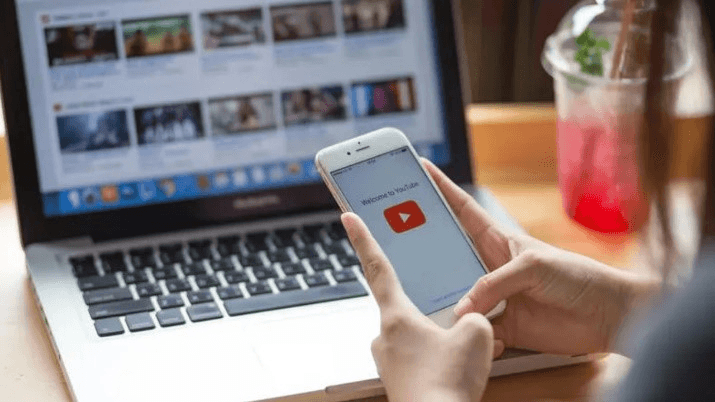
YouTube is to Ban 'Malicious Videos' Based on Race, Gender or Sexual Preference
- Article •
- 11/12/2019
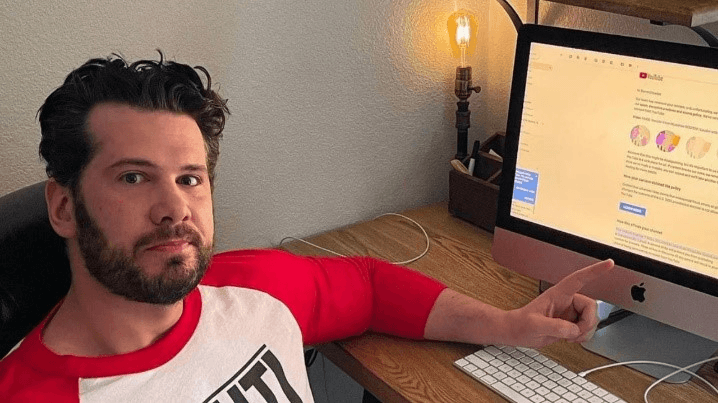
YouTube issues ‘strike’ against Crowder, demonetizes his channel
- Article •
- 2/30/2021

YouTube ‘demonetization,’ explained for normals
- Article •
- 8/4/2016
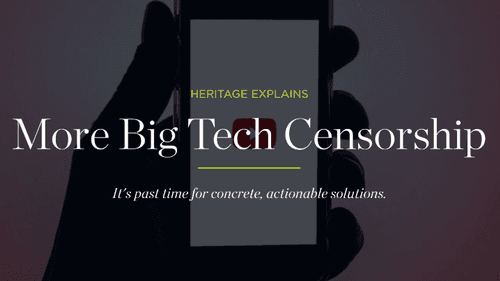
More Big Tech Censorship
- Podcast •
- 5/6/2021
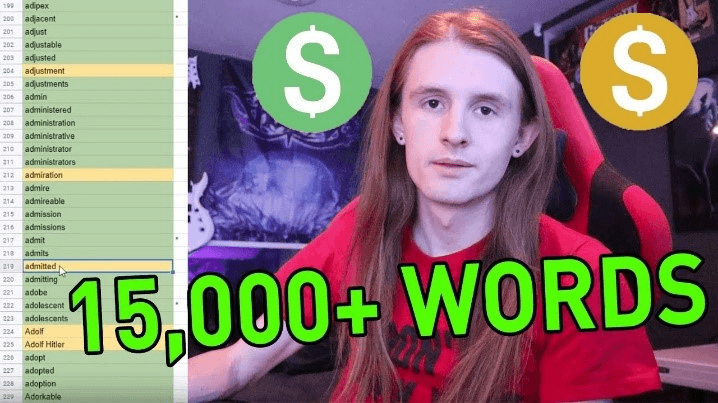
List of YouTube Demonetized Words REVEALED
- Video •
- 8/29/2019
